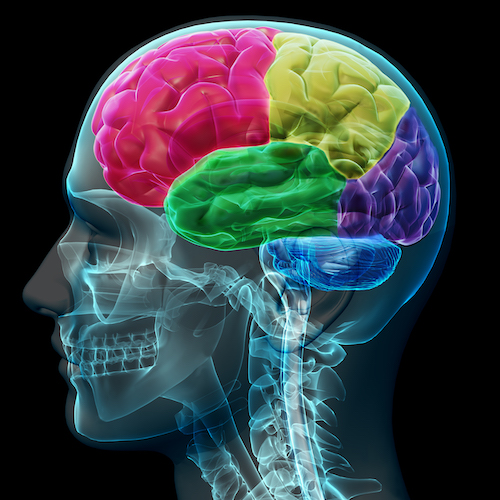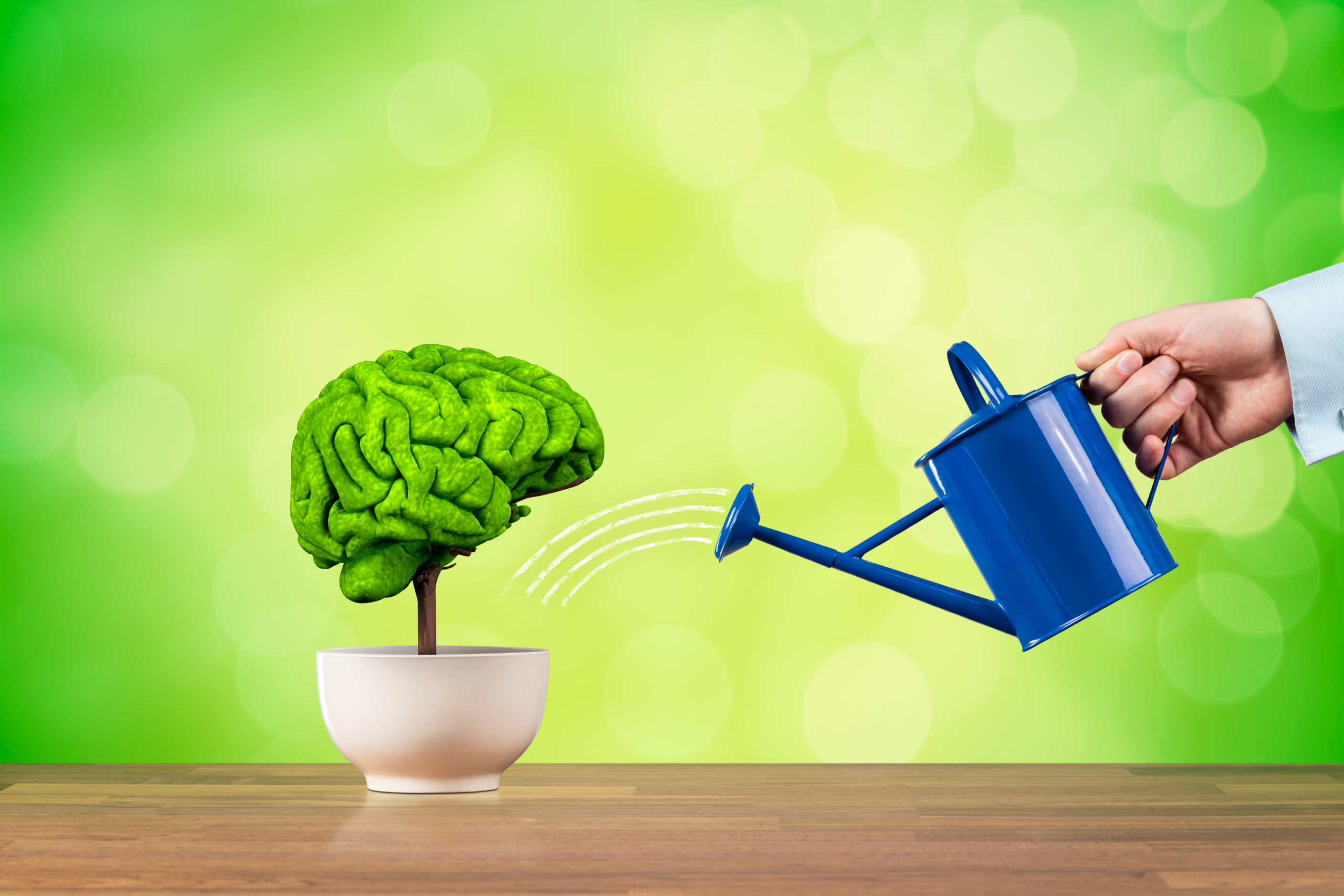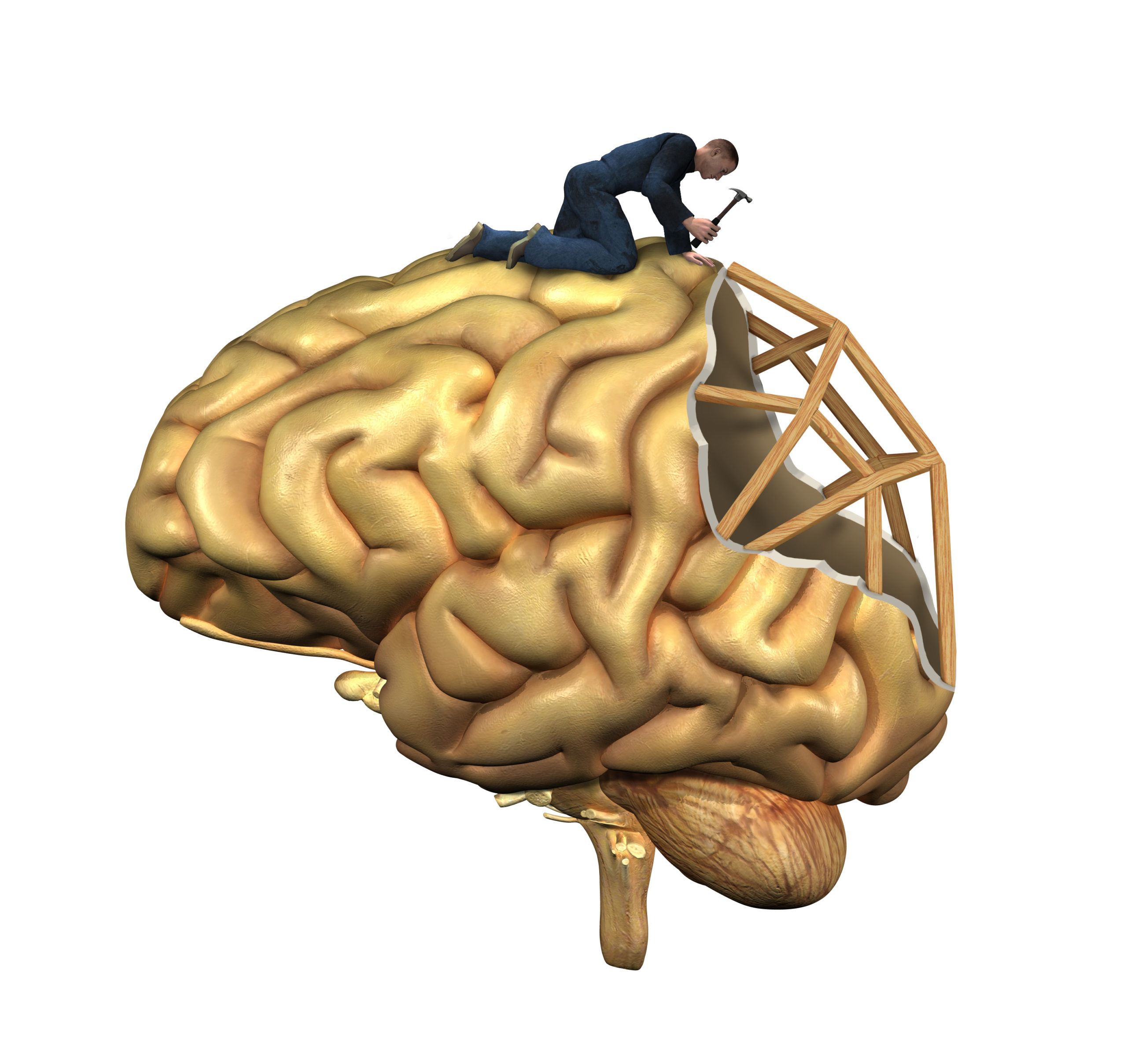The human brain is the fattiest organ in the body. It is also the most complex, working constantly with its 100 billion neurons. But in order to function at optimal levels, your brain needs a diet rich in omega-3 fatty acids. Do you get enough of these fats in your diet?
Omega-3 fatty acids are important for brain performance and integrity, with essential fatty acids (EFAs) being crucial. EFAs are tricky, however, as they must be obtained by diet. Our bodies cannot make EFA’s on their own.
There are three primary varieties of omega-3 essential fatty acids, including alpha-linolenic acid (ALA), eicosapentaenoic acid (EPA) and docosahexaenoic acid (DHA). ALA is readily available in plant oils while EPA and DHA are most widely found in fish.
DHA: Super Fat to the Rescue
DHA makes up over 90 percent of the omega-3s in your brain as well as 25 percent of the fat content. It is vital for many cell membrane functions in addition to eye and brain development. DHA is also important for risk reduction for conditions such as:
- Dementia
- Depression
- Heart disease
- Certain cancers
- Premature birth
- Eye conditions
- Blood pressure problems
- Muscle damage problems
- Inflammation

Low levels of DHA are also linked to certain neurodevelopmental disorders, including attention deficit/hyperactivity disorder (ADHD), and neurodegenerative disease, including Alzheimer’s.
For people who eat a diet that includes fish, getting EPA and DHA isn’t a huge problem – but for vegetarians and vegans, the risks of low levels of DHA are greater. It is an upstream battle for vegetarians and vegans to get sufficient EPA and DHA through their diets.
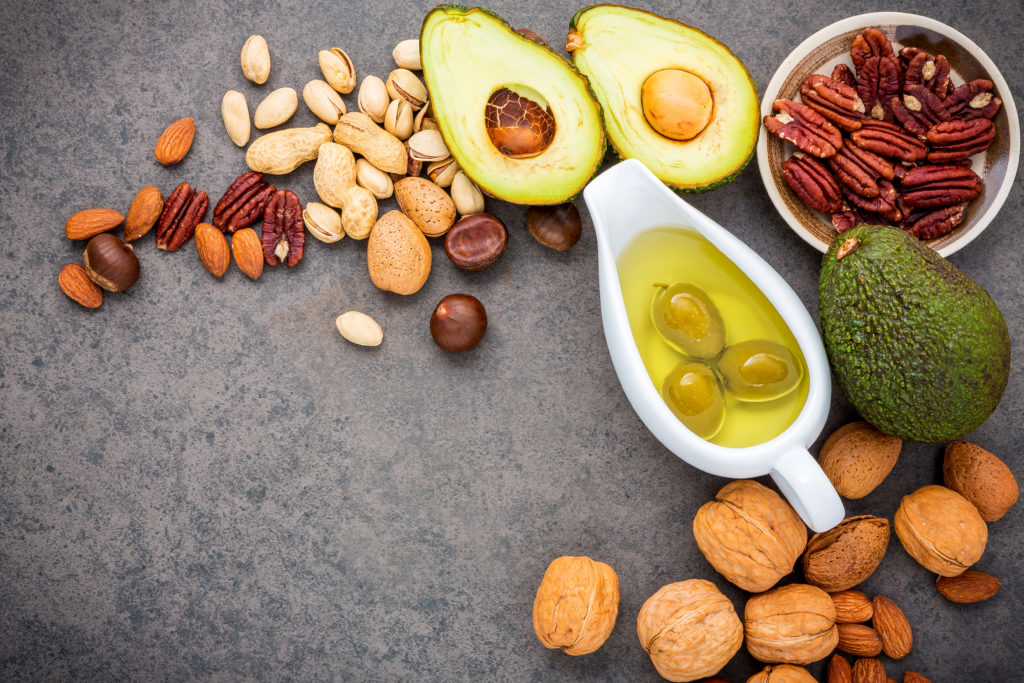
Getting Omega-3 Fatty Acids from Plant-based Sources
There are a multitude of plant-based sources of Omega-3 fatty acids; hemp seeds, flax seeds, Brussel sprouts and walnuts are all great places to get it. However, sources contain ALA (not EPA or DHA) so our bodies have to convert it. Humans don’t have enough enzymes to adequately perform this task, so only a small amount of the total ALA we consume is converted to EPA and DHA. In fact, the majority of it is processed poorly and is affected by factors such as diet, genetics, and age.
The problem for vegetarians and vegans is that a diet containing high amounts of ALA alone is not sufficient to reduce the risk of becoming deficient in omega-3s. Vegetarians tend to have low EPA and DHA levels, while vegans might have none of these important fatty acids. This might leave you feeling a bit uncertain as a vegetarian or vegan. But before you reluctantly reach for a piece of fish, hold tight and keep reading.
Omega-6 Fatty Acids
Now that we have you more up to speed on omega-3s, we will throw you a quick curveball: omega-6s, or linoleic acid. Omega-6 is another essential fatty acid to be taken into consideration. While omega-3 fatty acids are anti-inflammatory, omega-6s are pro-inflammatory and have gotten a bad reputation. Thanks to continued research, however, we now know that omega-6 fats can be beneficial.
Omega-6 fats help to lower harmful LDL cholesterol levels while boosting protective HDL. They also help to improve insulin sensitivity, which keeps blood sugar levels more stable. According to the American Heart Association, omega-6 fatty acids are also helpful for the heart and circulation and should be consumed in appropriate amounts. To counterbalance the potential negative effects of omega-6s, it is advised that balanced amounts of both omega 6 and omega 3 fatty acids be consumed. But eating too much linoleic acid can further upset the ratio of ALA to DHA and EPA. Thus, the problem still remains that the human brain needs DHA , the human body cannot make it, and the consumption of omega-6 fats doesn’t help.
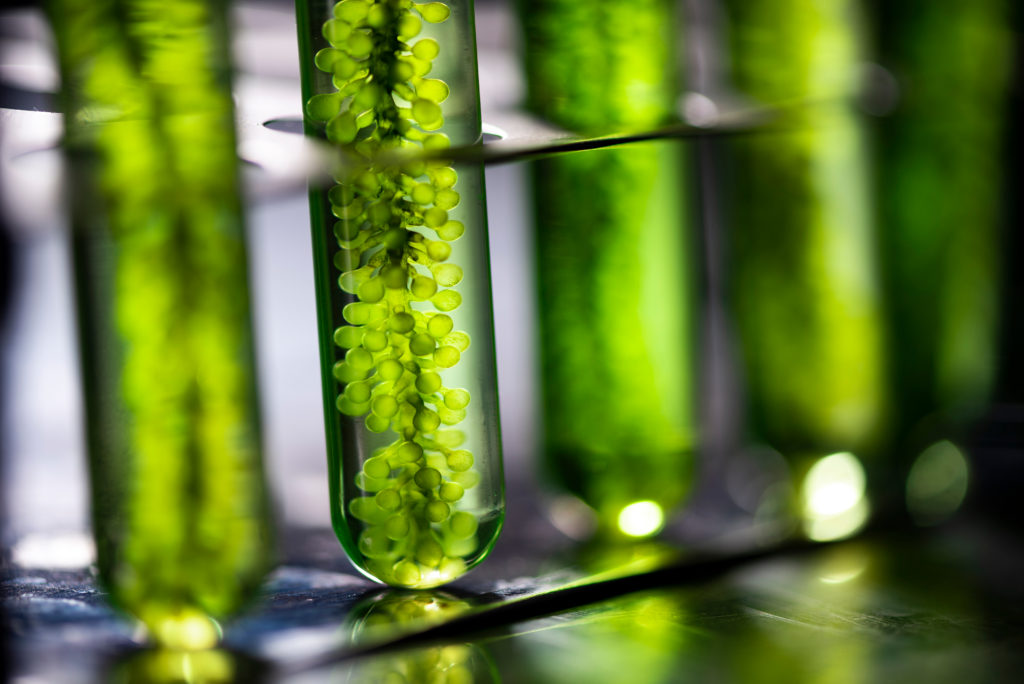
Supplementing with Algae
If a vegetarian or vegan diet is not sufficient to get enough DHA and EPA, should vegetarians and vegans then consider consuming oily fish high in these fatty acids or taking an omega-3 fish oil supplement to remain healthy? The answer is no.
Here is where algal oil comes in. What if we instead of eating fish, we eat like them? Algal oil has comparable levels of EPA and DHA to the levels found in fish, making it a perfect solution.
Not only is algal oil a vegetarian- and vegan-friendly option for EPA and DHA supplementation, algae exist in abundance in our oceans and are easily accessible. Supplementing with algae is also more sustainable than using fish-based supplements as it doesn’t contribute to the problem of overfishing. Supplement takers can avoid the toxic effects of mercury consumption, due to higher levels of mercury found in fish. And if that isn’t enough, algal oil is also full of antioxidants, vitamins and minerals.
Remember that your big, fat brain needs to be well-fed. Essential fatty acids like DHA and EPA are crucial to keep your brain healthy. Even vegans, who have very limited options for getting these fatty acids in their diets, can benefit thanks to algal oil supplements.
To learn more about how omega-3 fatty acids fit into NeuroGrow’s brain health programs, visit our Brain Fitness Program page.
This article was written by Mrs. Courtney Cosby and edited by Dr. Majid Fotuhi.

